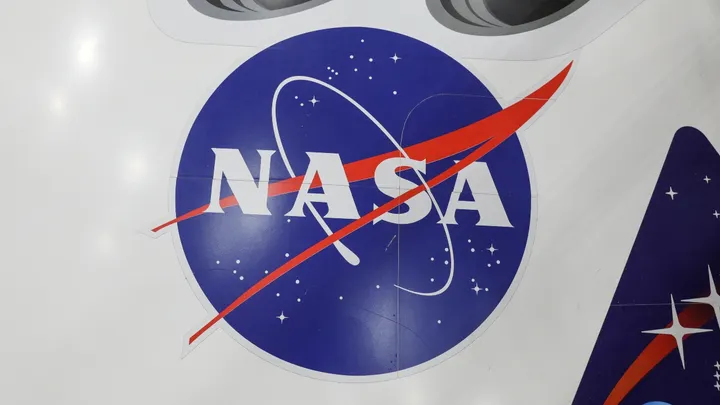Three companies scored contracts from NASA on Wednesday as the space agency continues to seek a vehicle to transport its astronauts around the Moon during Artemis missions.
NASA identified the recipients as Intuitive Machines, Lunar Outpost and Venturi Astrolab, all of whom are working on designs to provide that vehicle and service.
The space agency wants the lunar terrain vehicle operational in 2030 for the Artemis V crew.
The teams from the three companies will separately conduct a “year-long special study to develop a system that meets NASA’s requirements through the preliminary design maturity project phase” through an initial feasibility task order, NASA said Wednesday.
Intuitive Machines said its contract for the feasibility assessment amounted to $30 million.
It is likely that only one of the companies will receive the subsequent award for a “demonstration mission to continue developing the LTV, deliver it to the surface of the Moon, and validate its performance and safety ahead of Artemis V,” according to NASA.
The space agency pegged the value of the “indefinite-delivery/indefinite-quantity, milestone-based” contract program for the lunar terrain vehicle at $4.6 billion in total.
It officially started asked companies to submit proposals for the LTVs last year.
At the time, NASA outlined the slew of requirements and capabilities the vehicles needed to have to perform both crewed and uncrewed activities. Those include features for withstanding the lunar South Pole’s “extreme” cold temperatures, a robotic arm and semi-automonous driving, among others.
NASA wants room for two astronauts in the vehicles.
“This vehicle will greatly increase our astronauts’ ability to explore and conduct science on the lunar surface while also serving as a science platform between crewed missions,” Johnson Space Center Director Vanessa Wyche said.
Intuitive Machines, Lunar Outpost and Venturi Astrolab released some details about their respective lunar terrain vehicles to coincide with the contract news from NASA.
The vehicle that Intuitive Machines is working on has the name “Reusable Autonomous Crewed Exploration Rover” (RACER). Venturi Astrolab’s is called the Flexible Logistics and Exploration (FLEX) rover, according to a press release.
Lunar Outpost’s design will have a reconfigurable cargo bed and other commercial use capabilities.
NASA said the company that ultimately wins the LTV services contract will get to deploy their vehicle commercially on the moon when the space agency isn’t using it.
Over five decades have elapses since U.S. astronauts were last on the moon. For the U.S.’s first crewed moon landing in 1969, some 650 million people watched globally.

